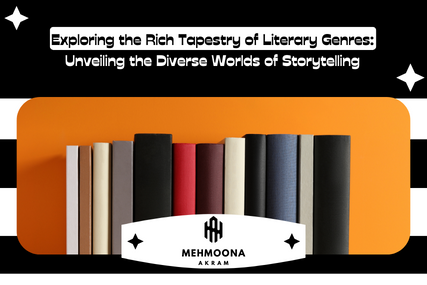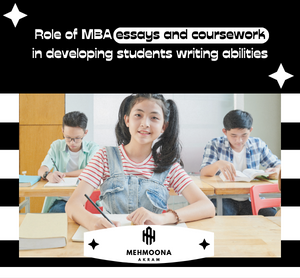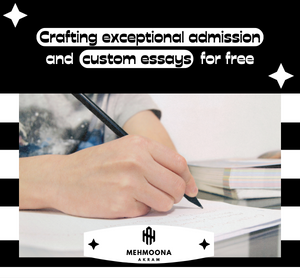
There are many different genres in literature, and each one has its own unique topics, styles, and narrative devices. The following are a few of the major literary genres:
Fiction:
Definition: Rather than being exclusively based on true occurrences, fictional works are inventive and the product of the author’s imagination.
Novels, novellas, and short tales are a few examples. “To Kill a Mockingbird” by Harper Lee, “1984” by George Orwell, and “The Catcher in the Rye” by J.D. Salinger are a few example books.
Not fiction
Definition: Real people, places, and facts serve as the basis for nonfiction writing. Their objective is to educate, elucidate, or convince readers regarding a specific topic.
Examples include historical narratives, essays, biographies, and memoirs. Examples are “The Immortal Life of Henrietta Lacks” by Rebecca Skloot, “The Diary of a Young Girl” by Anne Frank, and “The Power of Habit” by Charles Duhigg.
Poetry:
Definition: The expressive and rhythmic use of language is what defines poetry. It frequently employs metre, rhyme, and metaphorical language to arouse feelings and provide visual experiences.
Poetry such as sonnets, haiku, and free poetry. Notable examples of poets are Emily Dickinson, Langston Hughes, and William Shakespeare.
Drama :
Drama, by definition, is intended to be performed and centres on the interactions and exchanges between characters. Plays and screenplays for television, movies, and theatre are included.
Examples include current plays like Tennessee Williams’ “A Streetcar Named Desire” and Arthur Miller’s “Death of a Salesman,” as well as Shakespearean dramas like “Hamlet” and “Romeo and Juliet.”
Mystery :
Definition: The main plot point of mystery novels is the resolution of a murder or other riddle. There is frequently tension, suspense, and a detective in it.
Sherlock Holmes stories by Sir Arthur Conan Doyle, the Hercule Poirot and Miss Marple series by Agatha Christie, and modern novels like Gillian Flynn’s “Gone Girl” are a few examples.
Science Fiction Authors:
Definition: Science fiction examines technological and scientific developments as well as futuristic ideas. It frequently makes assumptions about how these factors will affect people and society.
Three examples include “The War of the Worlds” by H.G. Wells, “Ender’s Game” by Orson Scott Card, and “Dune” by Frank Herbert.
Fantasy :
Definition: Magical and supernatural aspects included in fantasy literature are not grounded in reality. It frequently includes fantastical animals, enchanted settings, and heroic adventures.
Examples include J.R.R. Tolkien’s “The Lord of the Rings,” J.K. Rowling’s “Harry Potter” series, and C.S. Lewis’ “The Chronicles of Narnia.”
Romance:
Definition: The idea of love and romantic relationships is central to romance literature. It frequently looks at the interpersonal and emotional facets of relationships.
Examples include Jane Austen’s “Pride and Prejudice,” William Shakespeare’s “Romeo and Juliet,” and modern romantic books written by writers like Nicholas Sparks.
These are wide classifications, and a lot of works might fit into more than one genre or subgenre. In addition, as literature develops, new genres and subgenres keep appearing.



